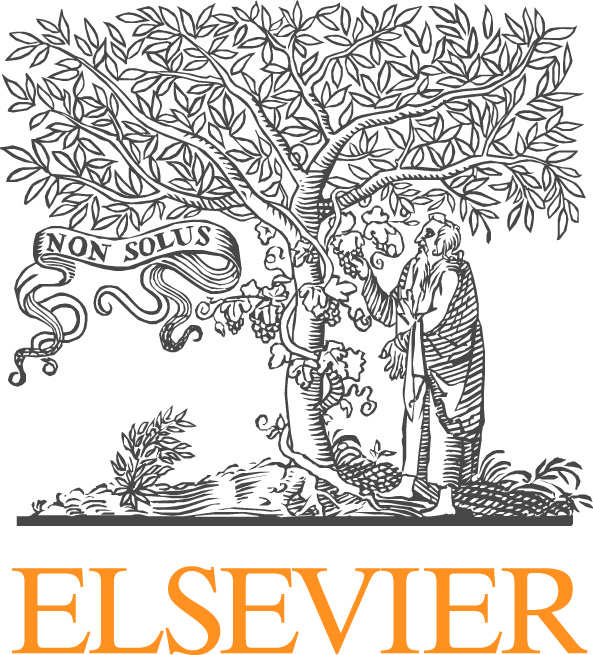
Goal-Oriented Error Estimation and Adaptivity
Serge Prudhomme, K.G. van der Zee
The idea of goal-oriented methods embraces the notion that numerical simulations are generally performed to study speci_c features of solutions to initial- and boundary-value problems. These are the so-called output quantities of interest and represent the goals of the predictions. Obviously, it is important to be able to estimate the discretization error in such quantities of interest and use these estimates to adapt the mesh in order to control their accuracy. This is the mission of goal-oriented adaptive algorithms. Goal-oriented methods are an extension of classical a posteriori error estimation methods. Furthermore, they provide a framework for adaptive modeling, namely, the assessment and control of surrogate models with respect to reference models.
This mini-symposium aims at overviewing the state of the art as well as at presenting the most recent developments in goal-oriented error estimation and adaptive methods. We anticipate contributions on:
-Derivation and analysis of novel dual (adjoint) problems and their associated error estimates;
-Modeling-error estimation and adaptive (multiscale) modeling;
-Development of goal-oriented adaptive strategies;
-Convergence analysis of goal-oriented adaptive methods;
-Innovative applications to nonlinear problems, time-dependent problems, stochastic problems, coupled problems, etc.










